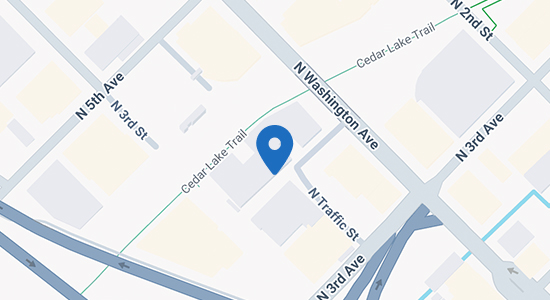- Contact Us 24/7: (612) 465-8581 Tap Here To Call Us
Mandatory Minimum Sentences for DWI in Minnesota
The laws concerning driving while intoxicated (DWI) are quite strict in Minnesota compared to other places in the nation. If you are convicted of a DWI in the state of Minnesota, the judge has a great deal of discretion as to what your punishment will be. However, if you are a repeat DWI offender within a ten year period, there are mandatory minimum sentences required by Minnesota state law that the judge must impose.
It should be noted before we continue that in the eyes of the Minnesota DWI law, the term “incarceration” can mean jail time, remote electronic alcohol monitoring (REAM) or home detention (EHM). The REAM program is primarily designed to keep offenders out of jail so they won’t lose their job. It involves random remote testing of the blood alcohol level through a breath analyzer. EHM is a type of intensive probation.
The following is a summary of the mandatory minimum sentences required for repeat DWI offenders:
Second Offense In a Ten Year Period
– 30 days incarceration minimum
– At least 48 hours of incarceration must be served consecutively in a jail or workhouse
– 8 hours of community service must be added for each day less than 30 days that the convicted person does not spend in jail
Third Offense In a Ten Year Period
– 90 days incarceration minimum
– At least 30 days of incarceration must be served consecutively in a jail or workhouse
Fourth Offense In a Ten Year Period
– 180 days incarceration minimum
– At least 30 days of incarceration must be served consecutively in a jail or workhouse
Fifth Offense In a Ten Year Period
– 1 year incarceration minimum
– At least 60 days of incarceration must be served in a jail or workhouse
It should be kept in mind that the judge still has the discretion to impose additional punishment on top of the mandatory minimum sentence required by law. To learn more you can also go to our DWI Resource Center.













